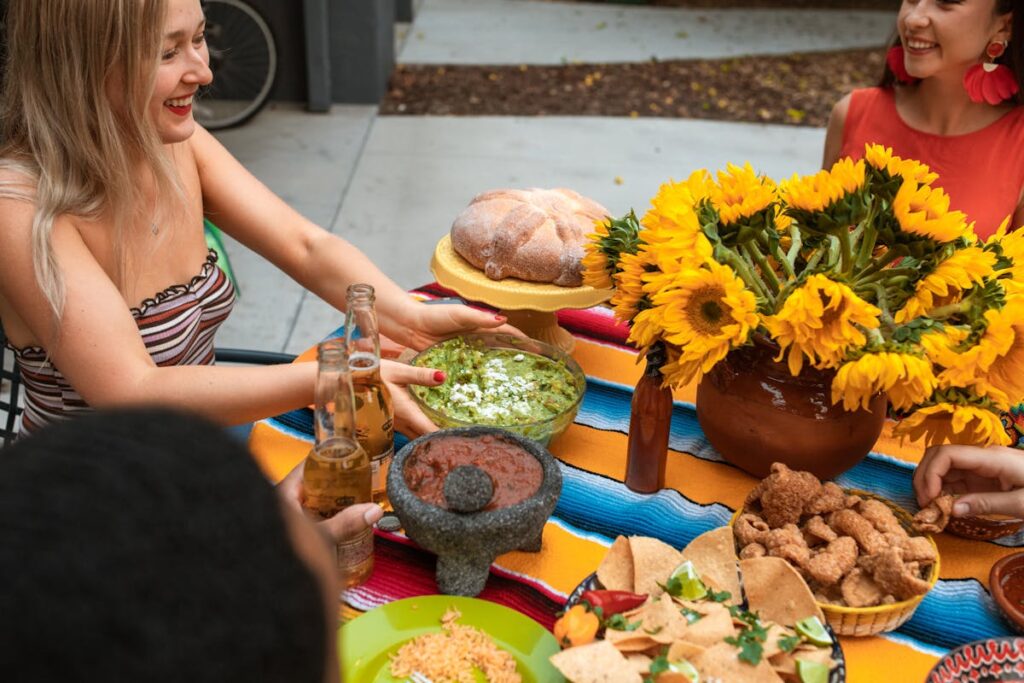
There’s a woman in my neighborhood who bakes extra muffins every Sunday and leaves them in little paper bags on doorsteps. No note, no fuss. Just something sweet and simple, a way of saying, “I see you.”
There’s also a guy down the street—handy with tools—who once spent an entire afternoon fixing a stranger’s fence because, as he put it, “I had the time, and they didn’t.”
These small, almost invisible gestures don’t make the news. But in the world of KommunityKoin, they’re part of a different kind of economy—one that doesn’t run on dollars, likes, or status points. It runs on time, and more importantly, on trust.
At its core, KommunityKoin.com seems like just a time banking platform. You offer an hour of your time—mowing a lawn, babysitting, repairing a leaky faucet—and you receive time credits that can then be passed on to someone else who spends time helping you. An hour for an hour. That’s it.
But spend a little time inside one of these communities, and it becomes clear that what’s really being traded isn’t time. It’s connection.
People tend to think of new ideas as big, shiny things—like floating cities, digital currencies, or AI-built utopias. There are projects like Zuzalu, a kind of pop-up city for thinkers and tech founders, and CabinDAO, where people live in remote cabins and try to reimagine society from the forest. These ideas are fascinating, and I don’t mean that sarcastically. They’re reaching for something better.
But KommunityKoin feels more like reaching sideways. Not up into the cloud, but across to your neighbors. The tech behind it is there, sure—a website, a ledger that tracks exchanges, a way to manage trust without relying on money. But the real innovation is that it brings people together who might not otherwise cross paths. A retired mechanic helps a young mother with car trouble. A college student gives tech lessons to a woman who hasn’t touched a computer since 1998.
Unlike some of the newer decentralized movements, KommunityKoin isn’t exclusive. It doesn’t ask whether you code or own land or have a passport full of stamps. You don’t have to believe in crypto. You just have to be willing to help—and be helped.
And it’s not about charity. That’s what makes it powerful. Everyone gives. Everyone gets. The roles switch all the time. You don’t owe anyone anything, but you’re part of something. That alone changes how people show up.
In a way, KommunityKoin is closer to how communities used to work, before everything got outsourced and transactional. Before we paid strangers to do everything for us. Before loneliness became so common it got labeled a public health crisis.
This model doesn’t replace the global economy, and it’s not trying to. It’s not a revolution with banners and slogans. It’s more like a patch—something you sew into a ripped-up system to make it hold together a little longer. Or maybe a seed. Something that grows.
It helps during hard times, sure. But it also gives people a sense of purpose that’s been missing for a while now. We’ve gotten used to measuring our value in dollars. KommunityKoin quietly reminds us that our time, our skills, and our willingness to show up—that’s value, too.
What I love most is that it doesn’t ask anyone to be perfect. You don’t have to have it all figured out. You just have to be present. That’s more than enough.
So no, this isn’t the future as imagined by Silicon Valley. It’s slower. Quieter. Maybe a little more simple. But in a world that keeps telling us we’re all on our own, there’s something deeply reassuring about knowing your next hour might be someone else’s answer—and vice versa.
And maybe that’s the kind of wealth we ought to be chasing.
Join us in making the world a better place – you’ll be glad that you did. Cheers friends.